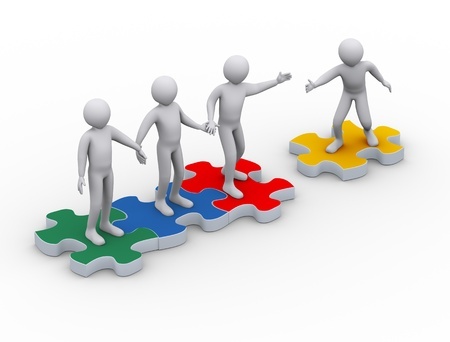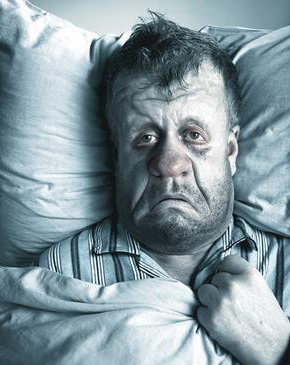Taking care of yourself is very important. Taking care of yourself when you have chronic health issues and various mental health issues is EXTREMELY important. This is something I learned over the last few weeks.
I've been super busy working on betting my new company, WRITECOVERY, Inc. off the ground. I've been working with a company in Canada as they create the website and help with the marketing plans.
I also got very sick with a super stomach bug that was making the rounds in my area. Not fun. I ended up in the ER twice, getting hooked up for fluids due to dehydration and loss of potassium.
Again not fun. I was not the picture of fun relaxing in a bath with a book and a smile. That was definitely not me before my trip or after my trip.
Then, I had travel plans to Arizona to visit with my three children and four grandchildren. Number four was born in November. I was originally planning to make the trip in December, but my doctor nixed the idea and said no traveling until my TMJ was healed. It took many months and an arthrocentesis procedure to get the doctor's okay for travel. Once I did, I made my arrangements.
However, I spread myself a little too thin. I worked too hard before leaving on my trip and with it being clear across the country I didn't make any accommodations for the time change, either there or back.
I was a total wreck. I am a poster child for everything NOT TO DO when you have the disorders and chronic illnesses I have and you don't take care of yourself.
I returned home from my trip and instead of taking a few days to ease back into my routine I jumped in with both feet. It took three days, but on the third day, my body finally ran out of reserves and I collapsed from exhaustion.
I finally got the hint. Take it easy on yourself. See this happy little piggy? I got the message and became as happy as a pig in a shower.
So, that's what I did for the weekend. My husband took me to the movies, we watched movies at home. I truly enjoyed Malificent at the theater and The Lego Movie at home. Both had the perfect distraction opportunities for me to just relax and enjoy the show.
We worked in the yard, I planted some new plants, rearranged some that were getting out of control, and I walked my dog every day. Boy, did he enjoy that. I'd been sadly lacking in the walking department but he was very forgiving. I haven't given that up, either. We are still walking every day.
But, I have to tell you for the sake of your health, don't do what I did. Take care of yourself first. Your work and other tasks will be there later. They're not going anywhere.
Give yourself leeway to adjust to the time change. I traveled 2,000 miles there and back. Three time zones. I am one who really needs consistent sleep to help me maintain a stable healthy mentality. I should have known. I'm telling you know, don't do what I did.
I didn't have to hear my husband say, "I told you so," to get the "I told you so," part. I was telling myself how much I should have taken care of myself first when I got home instead of working full blast.
What did it really accomplish anyway? I don't think I'm anywhere different than I would have been if I had taken those days off to recover.
So, please. Don't do what I did. I was running on empty, literally. I had no reserves left.
Take care of yourself.




